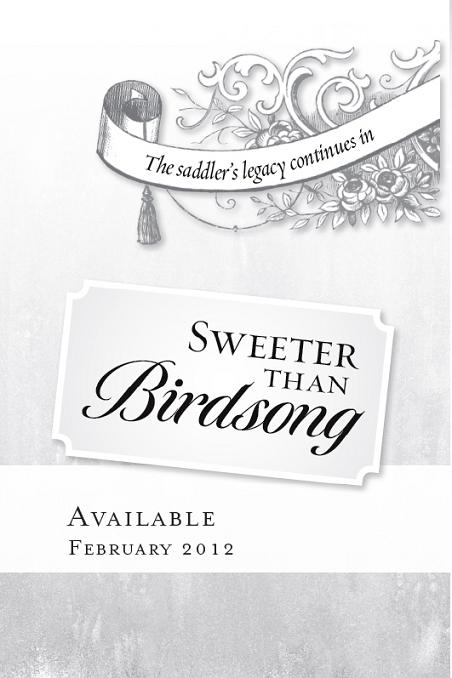Fairer than Morning (46 page)

9) Will spends much of the novel repenting his behavior with Emmie Flynn. Why do you think he crossed his own moral boundaries and did something he later regretted?
10) Dueling was controversial in the nineteenth century. Gentlemen felt it was necessary to defend their honor, but many spoke out from the pulpit against the practice. Do you think there could be a legitimate reason for a duel in 1826?
11) In the afterword, the author describes which parts of the novel are factual and which have been fictionalized. What is the difference between a historical account and historical fiction? What are the advantages and disadvantages of fictionalizing history?


R
OSSLYN
E
LLIOTT GREW UP IN A MILITARY FAMILY
and relocated so often that she attended nine schools before her high school graduation. With the help of excellent teachers, she qualified to attend Yale University, where she earned a BA in English and theater. She worked in business and as a schoolteacher before returning to study at Emory University, where she earned a PhD in English in 2006. Her study of American literature and history inspired her to pursue her lifelong dream of writing fiction. She lives in the Southwest, where she homeschools her daughter and teaches in children's ministry.